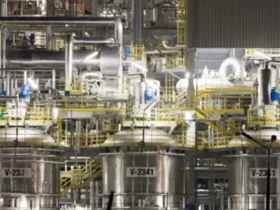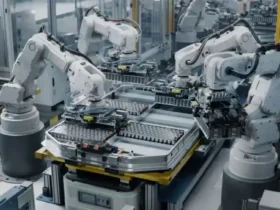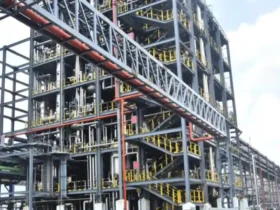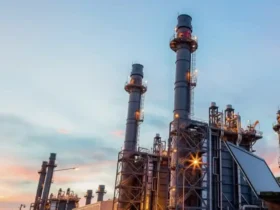
On June 5, 2025, Aditya Birla Group announced the acquisition of a 17‑acre specialty chemicals plant in Dalton, Georgia, from agribusiness giant Cargill Inc. This purchase marks the company’s strategic entry into the U.S. chemicals market and forms part of its growing Advanced Materials business.
The facility, hitherto owned by Cargill, employs roughly 50 people. It produces various specialty chemicals, including epoxy resins, curing agents, reactive diluents, and polyaspartic resins widely used in marine coatings, industrial coatings, and flooring. Since its founding in 2025, the plant has been an important supplier to these industries under brands such as CHEMCURE, ChemMod, Altor, Acme Shield, and ChemRes.
Aditya Birla conducted the acquisition through Aditya Birla Chemicals (USA) Inc., a wholly owned subsidiary of its Thailand‑based chemicals arm. With this transaction, the group’s cumulative U.S. investments have surpassed USD 15 billion over nearly two decades—covering businesses like Novelis and Birla Carbon.
“This acquisition represents Aditya Birla’s strategic entry into the U.S. chemicals industry,” said chairman Kumar Mangalam Birla. He described it as a vital step extending the business model of their successful U.S. manufacturing operations. He added it aligns with their commitment to support the resurgence of American manufacturing and serves as a base to identify more strategic assets.
The group plans to more than double the plant’s production capacity—from 16,000 tonnes to over 40,000 tonnes annually—within two years. The expansion will support local jobs and meet rising domestic demand for specialty chemicals. The current 50 employees will continue with the role, and the site is expected to see further investment in the coming months.
Rajesh Balakrishnan, CEO of Aditya Birla’s Advanced Materials business, said the local presence improves service for regional customers and enables collaboration on tailored solutions. He pointed to technology integration from their global operations as central to the planned upgrades.
Jayant Dhobley, Business Head of Chemicals, highlighted plans to introduce new materials targeting the automotive, renewable energy, and aerospace sectors. Their strategy includes deploying proprietary chemistries that enable recycling of epoxy composites found in wind‑turbine blades, sports equipment, and pressure vessels. Industry analysts note the move positions Aditya Birla competitively amid rising domestic demand for specialty chemicals. By scaling an existing facility, the company sidesteps “greenfield” project risks. Still, success hinges on meeting quality and regulatory standards during rapid expansion .
The transaction’s financial terms were not disclosed But its U.S. footprint now spans chemicals, metals, and recycling—with ownership of Novelis (aluminium) and Birla Carbon (carbon additives), among others.
Cargill confirmed the sale involved its Dalton plant, with no reported impact on its broader agricultural commodities activities
Experts say the deal illustrates strong Indo‑U.S. manufacturing ties. Birla’s statement noted that this move aligns with the push to revitalize American industry and bolster cross‑border business synergies.
Over the next 24 months, the facility is expected to host a surge of new investments, possibly high‑end production equipment and R&D labs. The expanded output aims to serve diverse sectors—marine, construction, automotive, aerospace, and clean energy—thus broadening Aditya Birla’s product portfolio .
This acquisition brings attention to a broader shift: global supply chains are gravitating toward localization, especially for specialty chemicals. Manufacturers are aiming to reduce dependencies on imports and onshore capacity, a trend that favors players like Aditya Birla .
In summary, Aditya Birla’s U.S. acquisition reflects its strategy to embed deeply into American advanced materials markets. With long-term investment, capacity expansion, retained staff, and new sector focus, the move signals robust confidence in the future of U.S. manufacturing and secure supply chains.









Leave a Reply